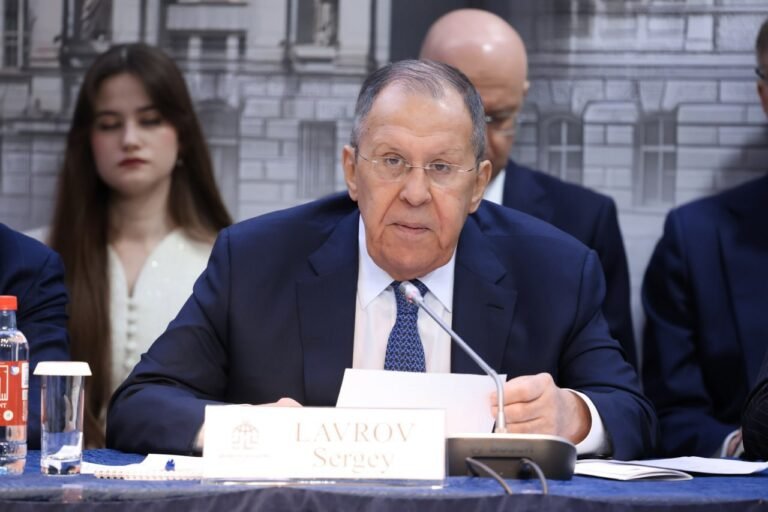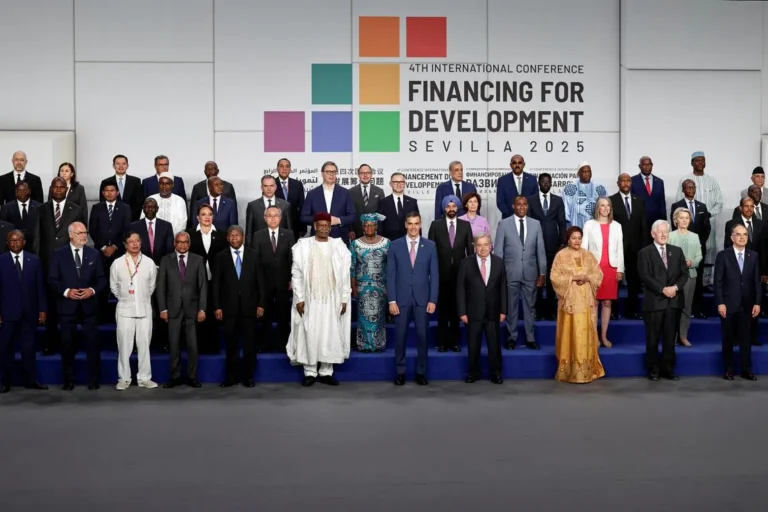
U.S. Imposes Visa Bonds up to $15,000 on Malawi and Zambia: What’s Behind the Choice?
Washington, D.C. — The U.S. Department of State has introduced a pilot visa-bond program demanding applicants from Malawi and Zambia to post refundable security deposits of $5,000, $10,000, or $15,000 when applying for B‑1 (business) or B‑2 (tourist) visas, effective August 20, 2025 .
Program Rationale and Mechanics
This measure forms part of a 12-month pilot aimed at curbing visa overstays—countries were selected based on high overstay rates, deficiencies in vetting systems, and concerns about “citizenships by investment” . Notably, Malawi recorded an overstay rate of 14.3% and Zambia 11.1% for fiscal year 2023 . By contrast, larger nations such as Brazil and Colombia had far more overstays in absolute numbers, despite their lower relative rates .
Consular officers retain discretion in setting the specific bond amount per applicant. Travelers who adhere to visa terms and exit within the authorized period can reclaim their money, while overstays or status violations (e.g., applying for asylum) result in forfeiture .
Entry and Exit Conditions
Applicants subject to the bond must enter and depart via one of three designated U.S. airports—Boston Logan, JFK (New York), or Washington Dulles (Virginia)—failing which entry may be denied or departure might not be properly registered .
Why Only Malawi and Zambia?
High overstay percentages—Despite low total volumes, their relative overstay rates rank among the highest .
Pilot scope—These two countries serve as the initial subjects in a carefully controlled trial limited to about 2,000 applicants over one year .
Foreign policy signaling—The program also serves as a diplomatic tool, pressuring governments to improve vetting procedures and document controls .
Government Reactions: Silence Speaks Volumes
As of two days after the policy announcement, neither Malawi’s nor Zambia’s governments have publicly commented. Analysts suggest the silence may stem from a reluctance to confront the U.S. amid underlying diplomatic sensitivities.
What It All Means
For applicants from Malawi and Zambia, the bond requirement adds a substantial financial and logistical barrier to travel. While intended to mitigate risks of visa non-compliance, critics argue the policy disproportionately impacts low-income travelers and could discourage legitimate travel and tourism. Meanwhile, the U.S. may expand or alter the list of affected countries depending on pilot outcomes.








